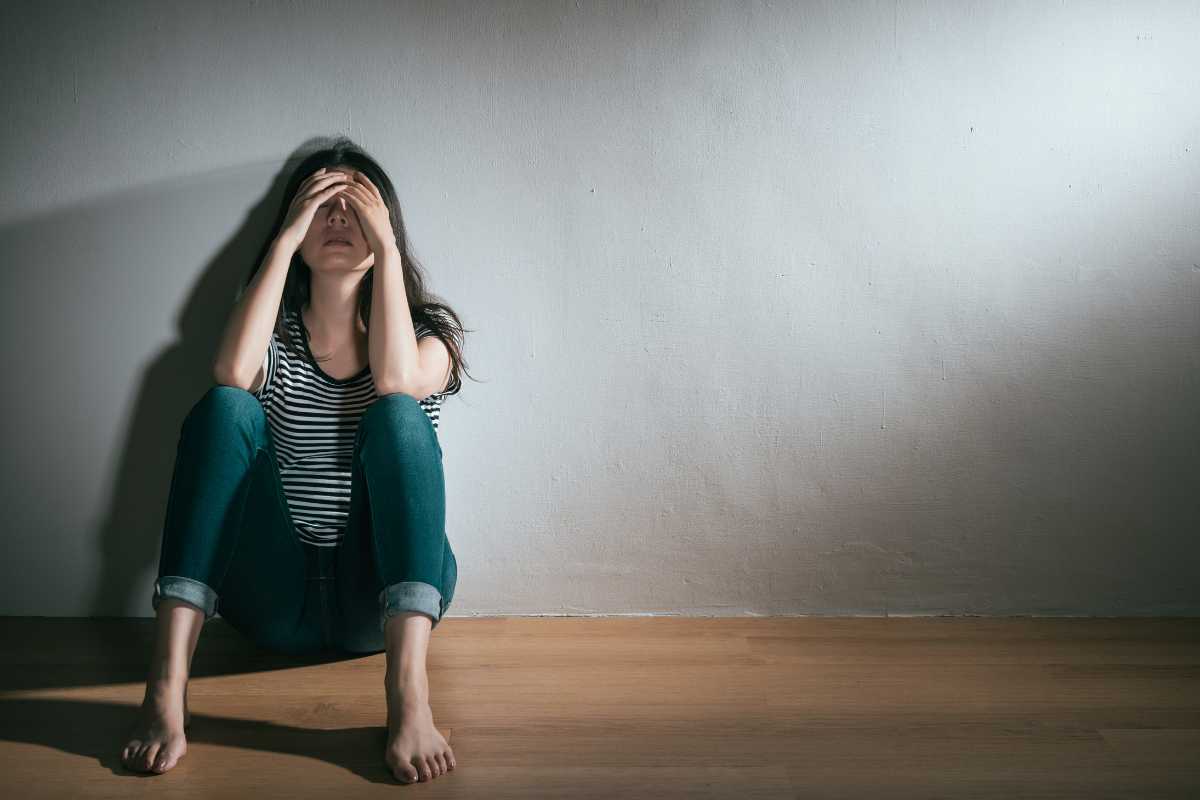
Depression - when body and mind need a break
Around 280 million people worldwide currently suffer from depressive disorders and illnesses. According to the WHO, this figure is rising sharply. Depression has many faces - it is much more than just a bad mood or sadness. People suffering from depression lose interest in things they used to enjoy. Those affected complain of tiredness, physical complaints, loss of appetite and sleep disorders.
Important note: All content has been compiled with the greatest possible care and corresponds to the current state of scientific knowledge. It is intended solely to provide neutral information and general clarification. The content is in no way a substitute for professional advice from a doctor or pharmacist. The contents do not constitute a recommendation or promotion of the diagnostic methods, treatments or medicines described or mentioned. The text makes no claim to completeness and no guarantee is given for the topicality, correctness and balance of the information presented.
Sleep disorders as a cause of depression
The causes of depressive disorders are varied and have not yet been fully researched. For example, hereditary predispositions, but also stress or negative experiences and events can be responsible. What many people don't realise: Long-term sleep deprivation or chronically poor sleep can also be a cause.
Increasing pressure to perform, stress in the professional and private environment, but also planned circumstances and the last few months of isolation during the coronavirus pandemic are triggers for the widespread disease par excellence.
Sleep disorders and depression
Sleep disorders and depression have a complex and reciprocal relationship. Sleep disorders can be both a symptom and a cause of depression. When people suffer from insomnia, hypersomnia or a disturbed sleep cycle, this can have a negative impact on their mood, energy, concentration and health.
This in turn can lead to the feelings of hopelessness, sadness, guilt and worthlessness typical of depression. Conversely, depression can also affect sleep by triggering negative thoughts, anxiety, stress or pain that make it difficult to fall asleep and stay asleep. Depression can also alter the hormones and neurotransmitters in the brain that are responsible for the sleep-wake cycle. Sleep disorders and depression can therefore reinforce each other and lead to a vicious circle that is difficult to break.
Free and non-binding sleep analysis
A free, no-obligation sleep analysis at SAMINA could help you to get depression under control by finding out more about your individual sleep. Our regeneration experts will give you tips and recommendations on how to improve your sleep. Better sleep can have a positive effect on your mood, energy, concentration and health.
A sleep analysis at SAMINA could be the first step in combating depression and improving your well-being. You have nothing to lose. In the worst case scenario, you will learn more about your sleep in the 15 minutes and can implement the first points directly.



